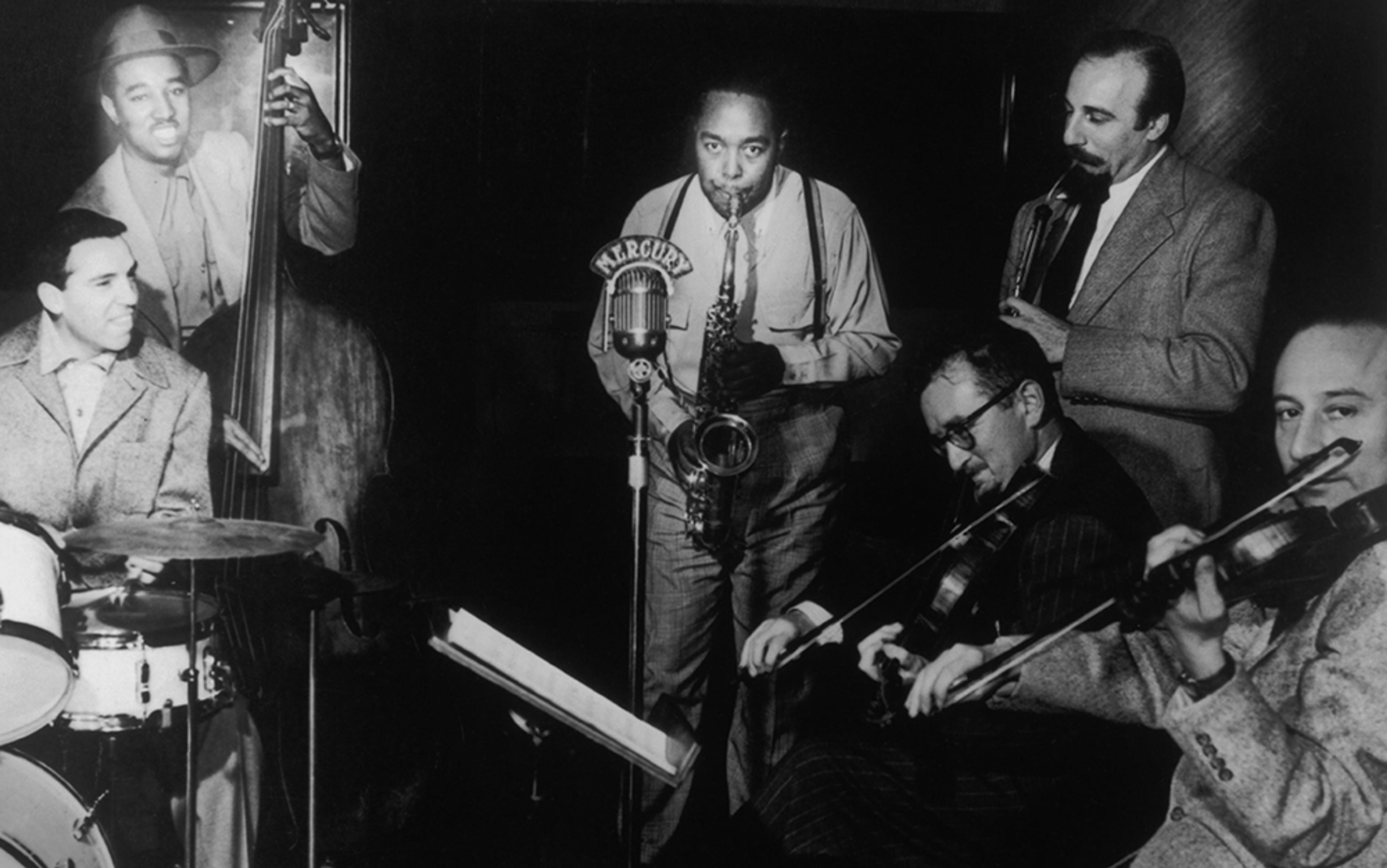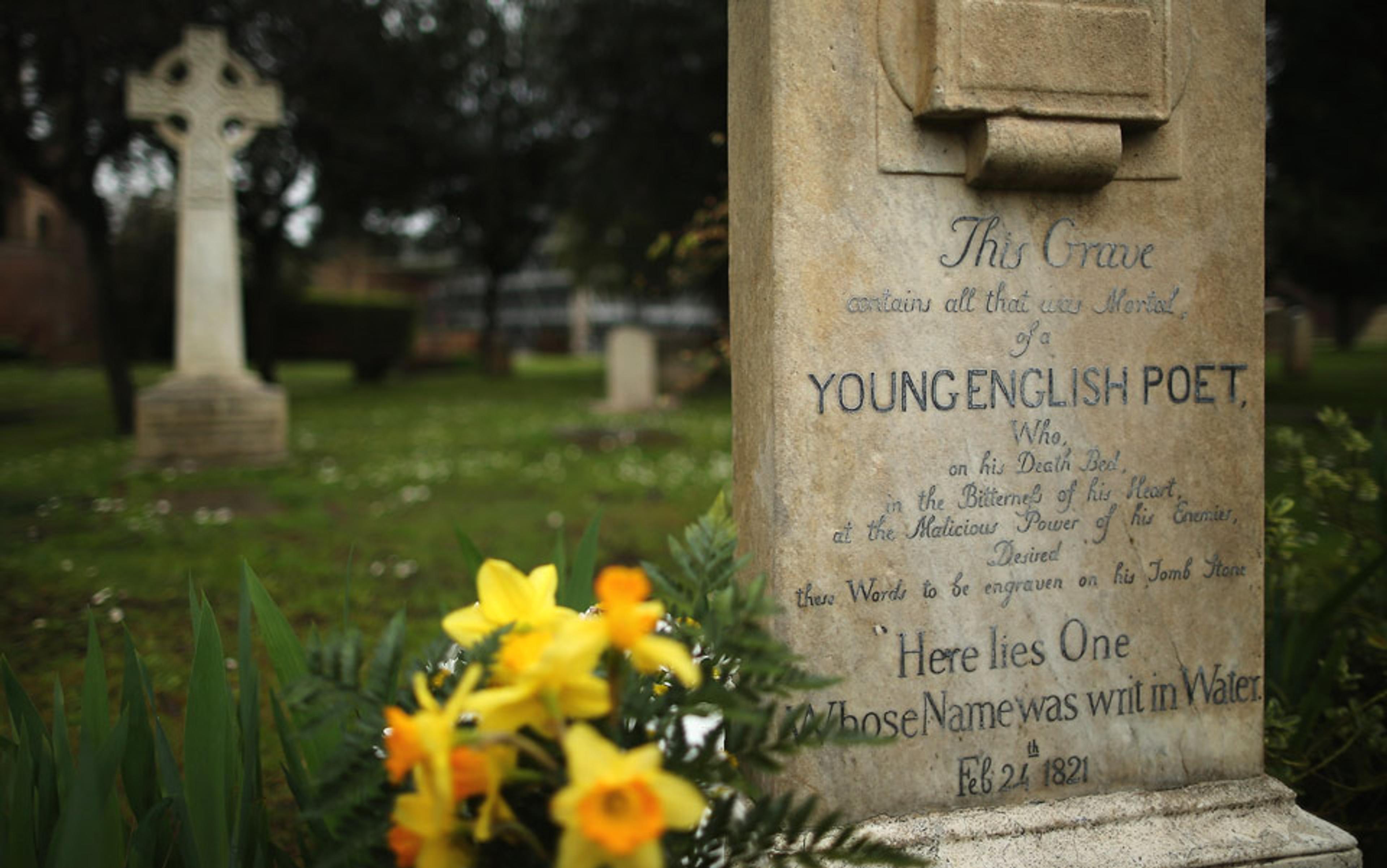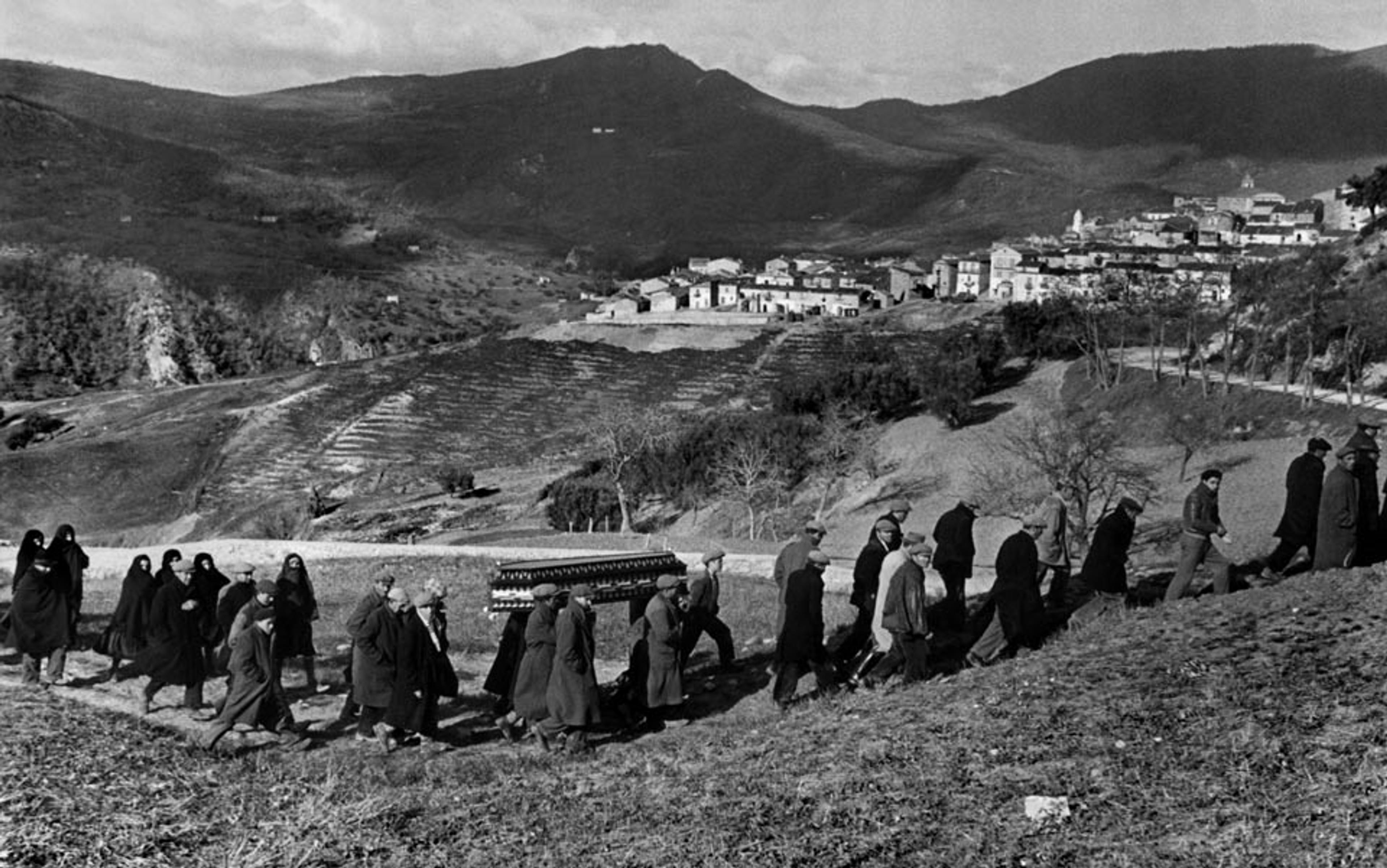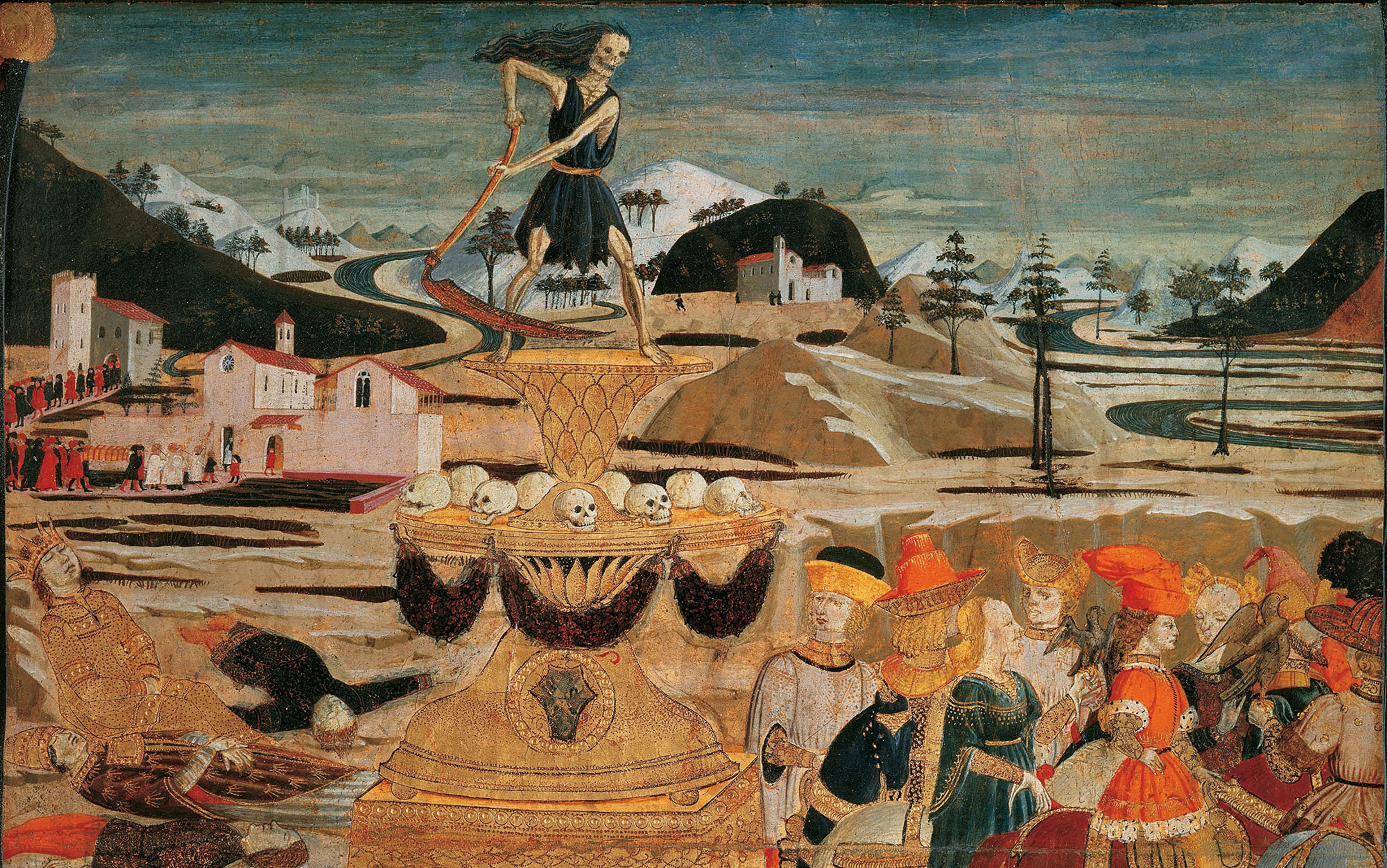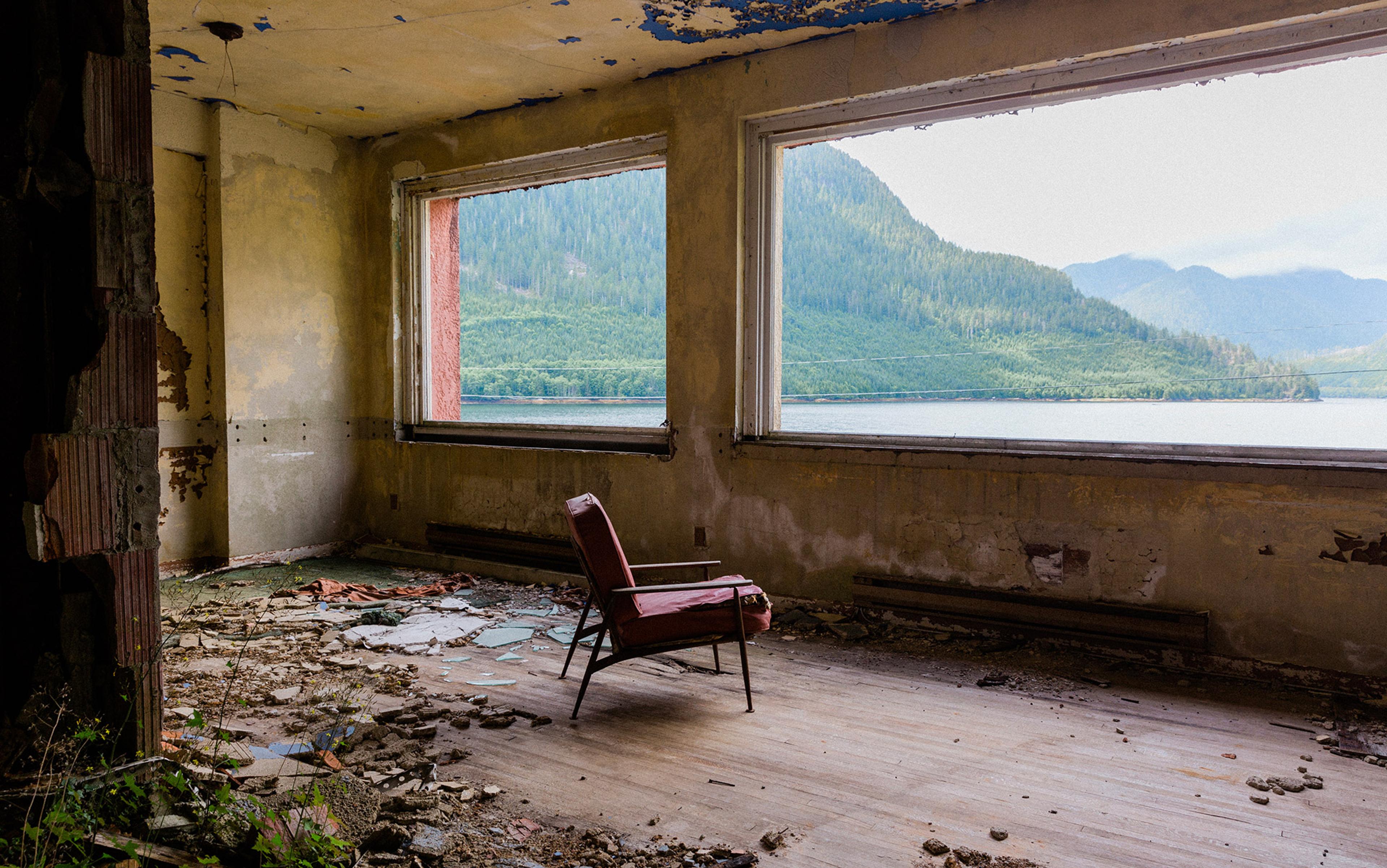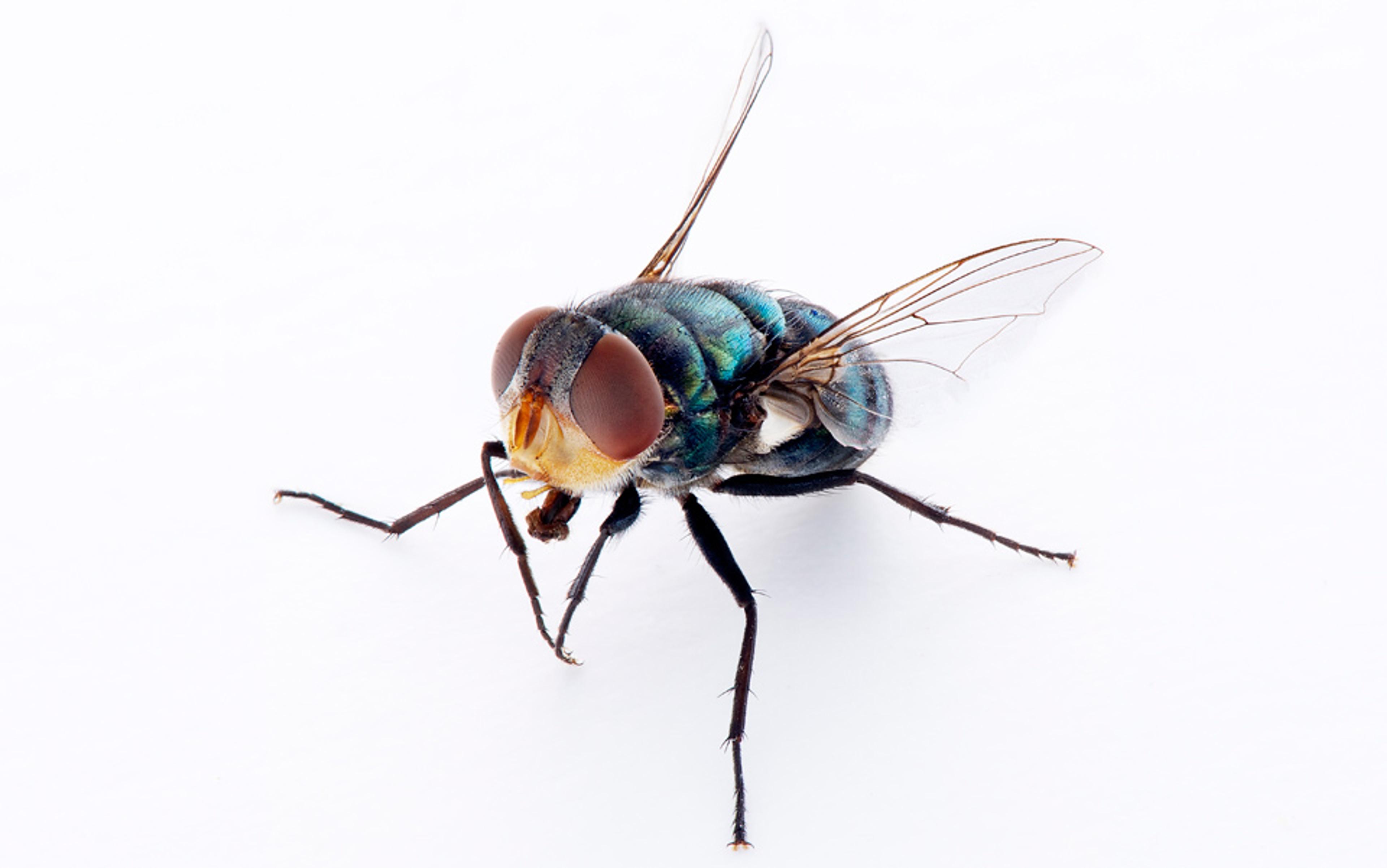Most of us think it’s a bad thing to die. I certainly don’t want to die any time soon, and you probably don’t either. There are, of course, exceptions. Some people actively want to die. They might be unbearably lonely, or in chronic pain, or gradually sliding into senile dementia that will destroy their intellect without remainder. And there might be no prospect of improvement. They wake up every morning disappointed to find that they haven’t died in their sleep. In these cases, it might be better to die than to continue a life not worth living. But most of the time death is unwelcome, and we do all we can to avoid it.
Death is bad not only for those left behind. If I were to die today, my loved ones would be grief-stricken, my son would be orphaned, and my colleagues would have to mark my students’ exams. That would be terrible for them. But death would be terrible for me, too. Much as I care about my colleagues’ wellbeing, I have my own selfish reasons for staying alive. And this isn’t peculiar to me. When people die, we feel sorry for them, and not merely for ourselves at losing them – especially if death takes them when they’re young and full of promise. We consider it one of the worst things that can happen to someone.
This would be easy to understand if death were followed by a nasty time in the hereafter. It could be that death is not the end of us, but merely a transition from one sort of existence to another. We might somehow carry on in a conscious state after we die, in spite of the decay and dissolution that takes place in the grave. I might be doomed to eternal torment in hell. That would obviously be bad for me: it would make me worse off than I am now.
But what if there is no hereafter? What if death really is the end – we return to the dust from which we came and that’s it? Then death can’t make us worse off than we are now. Or at least not in the straightforward way that burning in hell could make us worse off. To be dead is not to exist at all, and there’s nothing unpleasant about that. No one minds being dead. The dead never complain, and not merely because their mouths have stopped working. They are simply no longer there to be unhappy.
We might reasonably fear the process of dying – the decline in health, often painful and undignified, that ends in death. But it looks like a mistake to fear the nothingness that is death itself. When we are dead we shall be exactly as we were before we were conceived, and we know firsthand that that was all right. Being dead looks no worse than being in a dreamless sleep.
If death really is just annihilation, then, how could it be bad to die? It seems clear that it is bad, but why is it? One fascinating answer is that, actually, it isn’t bad. Our loathing of death is all a mistake. This appears to have been the view of the ancient Greek philosopher Epicurus:
So death, the most terrifying of ills, is nothing to us, since so long as we exist, death is not with us; but when death comes, then we do not exist. It does not then concern either the living or the dead, since for the former, it is not, and the latter are no more.
Our own death does not affect us while we’re alive. The expectation or fear of death can affect us, but not death itself. Nor does it affect us when we’re dead: nothing can affect us then. So death, Epicurus thought, is nothing to us. It can never be bad to die. Not because the benefits of death outweigh the harms, but because death is powerless to do us any harm at all.
It makes no difference what the circumstances are: even if my life is as good as life could be and set to continue so – supersaturated with success, satisfaction and love – it would not be in any way bad for me if it were all to end right now. The rational attitude is not fear of death or a desire to put it off for as long as possible, but complete indifference about the length of one’s life and the hour of one’s death. We might have a reason to continue living for the sake of others, but never for our own sake. The aversion to death is like the aversion to having a hotel room on the 13th floor: both are based on false beliefs about what can do us harm.
That would be quite a surprise. If it were true, it would be the most important discovery in the entire history of philosophy. Death is the thing most of us dread above all else. This attitude is nearly universal across all cultures and eras. Epicurus did not exaggerate in calling death the most terrifying of evils. What greater comfort could there be than learning that there is nothing to dread?
Unfortunately, it’s hard to see how Epicurus could be right about this. Think of the good things in life: pleasure, success, happiness, friendship and love, for instance. If such things aren’t good, nothing is. But we can’t have any of them if we’re dead. In order to have pleasure, happiness or love, we have to be alive. That makes it good to continue living: it’s good by making these good things possible. And in that case it’s a mistake to be indifferent about the length of our lives. It’s better not to die, because that’s the only way of getting good things such as success and happiness. Death is not nothing to us, but something we have a powerful reason to avoid, at least in most circumstances. That makes our aversion to death all too appropriate.
We can see this in another way by thinking about the unfortunate cases where death seems a blessing. If it could never be bad to die, then it could never be good either. If death puts us beyond harm’s reach, it must also put us beyond the reach of any benefit. To be dead is not to exist at all, and just as there is nothing nasty about not existing, there is equally nothing pleasant about it. No one enjoys being dead, or feels relieved at having been released from the burden of existence. The dead never complain, but they don’t rejoice either, and for the same reason: they no longer exist. If this means that death can’t harm us and we have no reason to avoid it, it must also mean that death can’t do us any good, and we can never have any reason to seek it. Faced with the choice between dying now and being brutally tortured for 10 years and then dying, we ought to be completely indifferent. That’s what it would mean for death to be nothing to us.
Even the most peaceful sleep can be bad by causing you to miss the party. Death can be bad by causing you to miss the rest of your life
If Epicurus were right, it would be no kindness to put a pet out of its misery when it’s in pain and can’t be made well again. There is vigorous debate about whether people with an agonising terminal illness should have the right to end their lives, and whether doctors should be allowed to help them do it. But according to Epicurus there would be no point in such a right, since it could never be better for any being to die, no matter what the circumstances. Not because the harms of death outweigh its benefits, but because it could not possibly have any benefit. Yet if we know anything about what’s good or bad, we know that it’s good to be spared pointless suffering. And since death can bring this about, there must be something good about death.
It can clearly be a good thing to die. But if it can be good, then it can be bad too. Epicurus was right that death isn’t bad in the way that pain is bad. There’s nothing unpleasant about being dead, just as there’s nothing uncomfortable about being unconscious. These things are not bad in themselves. Still, they can have bad consequences. It’s not good to nod off at the wrong time. Even the most peaceful sleep can be bad by causing you to miss the party. Death can be bad by causing you to miss the rest of your life.
More precisely, death, like sleep, can be good, bad, or a mixture of the two, depending on the circumstances. It’s good by sparing us from bad things, and bad by depriving us of good ones. In ordinary cases it will have consequences of both sorts. Like most things, death has both a good side and a bad one.
So death can be a bad thing, even if it’s the end of us and there is no afterlife. That raises our original question once more: what could make it bad?
Since we know that death can be good by sparing us from bad things, it’s natural to think that it can be bad by depriving us of good ones. Dying today would make it impossible for me to see my son grow up, or spend time with those I love, or do any of the other things that would be good for me. It would deprive me of all sorts of pleasure and happiness. That would make it bad for me.
But if death is bad because of what it deprives us of, it will be hard to say how bad it is. What exactly does death deprive us of? It’s easy to suppose that if I were run over by a bus tomorrow, that would prevent me from seeing my son grow up. But it could be that if I managed to escape the bus, I would be hit by a fire engine only the day after. In that case, being killed by a bus tomorrow would deprive me of just one day’s worth of good things. It would not deprive me of the pleasure of seeing my son grow up, because I wasn’t going to have that anyway. That would make my death under the bus a bad thing, but not very bad.
Consider a famous example. Charlie Parker, the greatest of all jazz musicians, died of pneumonia, aged 34. It was a great tragedy, not just for those who loved his music, but also for him, who must have loved it more than anyone. But how great? How bad was it for him to die when he did? The answer seems to depend on what would have happened otherwise. And what would have happened otherwise? How long would he have lived? What would he have done with the extra time?
Death deprives us of many futures, good, bad, and middling
It might be that his poor health and reckless lifestyle would have finished him off soon afterwards, so that surviving his bout of pneumonia would have led to another fatal illness only a few months later. Then again, he could have had an epiphany and changed his ways. He might have given up the drinking habit that ruined his health, and gone on to make recordings even greater than the legendary sessions of the 1940s. He might have made his own unique contribution to the jazz innovations of the 1950s and ’60s, putting even Miles Davis and John Coltrane in the shade. Or he might have given up music altogether and found love and domestic contentment instead. There are many further possibilities. There are any number of ways in which Parker’s life might have continued had he not died in that New York hotel room in 1955. Some are no doubt more likely than others, but there doesn’t seem to be any one way in which his life would definitely have gone on.
It seems right to say that death deprives us of the future we would otherwise have had, and is bad or good according to the quality of that future: the better the future you would have had, the worse it is for you to die and miss it. But there doesn’t seem to be any one future that the dead would otherwise have had. Death deprives us of many futures, good, bad, and middling. So even if we know what sort of thing makes death in particular circumstances good or bad, it might not be possible to say exactly how good or bad it is.
This situation is not peculiar to death. It’s no different when we ask whether any other event in our lives would be good or bad for us. Would it be a good thing for me to move to Australia? That depends, it seems, on whether moving to Australia would make my life better or worse overall than the life I would have if I stayed put. But what sort of life would I have if I moved? It could be wonderful: I might find a new job, new friends and new pursuits far more satisfying than those I left behind. Or I could find it dull, lonely and beastly hot, so that I wished I had never moved. Or it might be somewhere in between: lovely in some ways and nasty in others, but not clearly better or worse, all in all, than the alternative.
For that matter, what would the rest of my life be like if I didn’t move to Australia? It might continue much as before. Or it might get dramatically better or worse in ways I can’t predict. I know what sort of thing would make it good or bad for me to move to Australia. But it looks impossible to say just how good or bad it would be.
This is not merely because we can’t see the future. Forty years from now I’ll know, more or less, what sort of life I actually had. But I’ll be little wiser about the life I would have had if I had chosen differently. There simply is no one future I would have if I moved to Australia. Not moving deprives me of many antipodean futures, good, bad, and middling. The same goes for other events in our lives, death included.
We know that it’s bad to die, in most cases at least. And we know what makes it bad: it’s bad because it deprives us of good things we would otherwise have had. Yet there is no saying exactly what good things those are. Even if we know the precise circumstances of someone’s death, it seems, we can never say just how bad it is.
